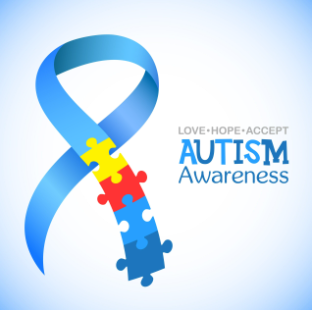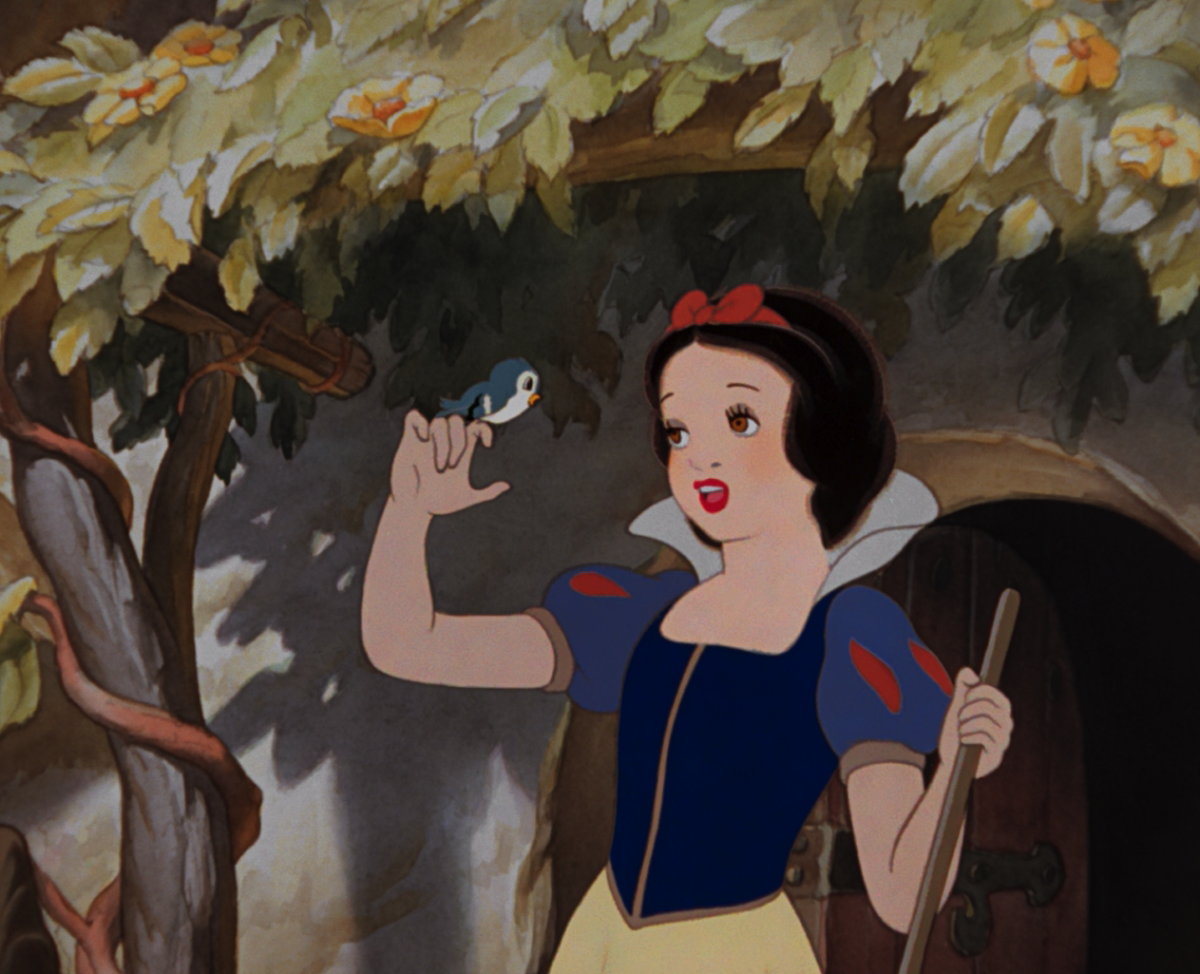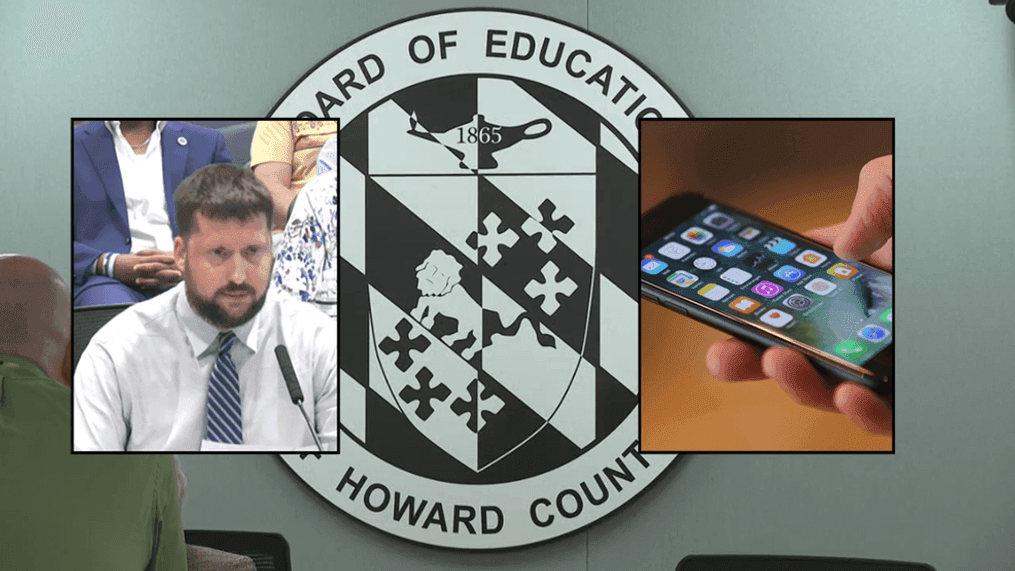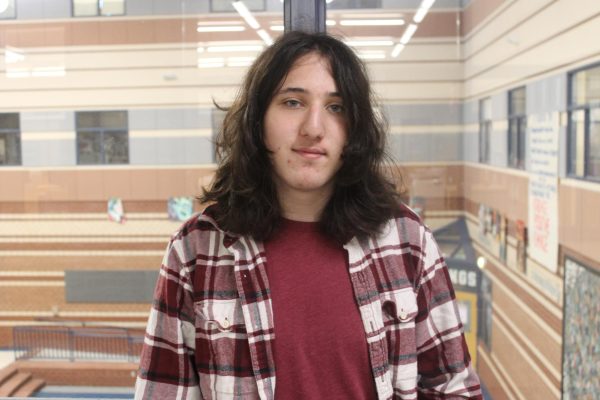Judaism has undoubtedly evolved over the recent years. Younger jews tend to value the cultural and familial traditions that being Jewish brings, compared to the religious qualities. Hanukkah marks a time for families to come together and celebrate the festive season together in their own unique ways. In my own family, we have various traditions that allow us to come together and celebrate the holiday as our own.
As a child, around the age of six, I used to participate in a family tradition called the gift pillowcase, a tradition my dad celebrated when he was young. Unlike Christmas, where children tend to get all of their presents on Christmas Day under the tree, smaller presents are given on each of the eight nights of Hanukkah. The way the gift pillowcase worked in my family follows as such: all eight gifts were placed in an empty pillowcase, and after lighting the candles each night, I would excitedly run over to the pillowcase, stick my hand in, rummaging around until I found something I thought was interesting–and then–snatched it. While some might think that in the end, it doesn’t matter since by night eight, every gift is collected, the tradition sparked a child-like wonder within me. I felt in control of what I was getting: it was like a gambling game I couldn’t lose, which in hindsight might not be the best thing to teach a child. Although I do not pull from the pillowcase anymore, I fondly look back on that time, grateful that I was able to participate and enjoy a tradition as my father did before me.
Another recurring tradition that my family participates in around the holidays is a white elephant, a game, simply put, where everyone brings a gift following a theme and randomly selects and trades the gifts around until everyone has an item. While not exclusive to Hanukkah, the game is nonetheless part of our yearly routine. For my family, the white elephant occurs on one of the few days we are all together during winter break. With an extended family of eighteen all across the East Coast, it’s hard for all of us to find time to get together, which is what makes the few days that we all find in our grandparent’s Vermont house special. With so many people, and a plethora of opinions, the game tends to get messy. Usually by the end, there’s usually one person who has a negative opinion on the gift they got or what kind of gifts were picked by everyone, but that’s just the nature of the game. Zooming out from the chaos of the game that seems to get louder by the year, I’ve come to realize the true purpose of the white elephant. The game is not about the gifts itself, it never has been. No, between all the arguments on who to swap gifts with, the game is about accomplishing the challenging task of bringing all eighteen of us together to spend time as a group.
While my traditions may seem like simple fun ways to observe Hanukkah, they hold deep meaning to me in how I can interact with my family. These traditions are just one of many ways people celebrate with those around them. Whether one celebrates with family or friends, the holiday season, not just Hanukkah, is all about bringing people together, commemorating a joyous year, as a community.









